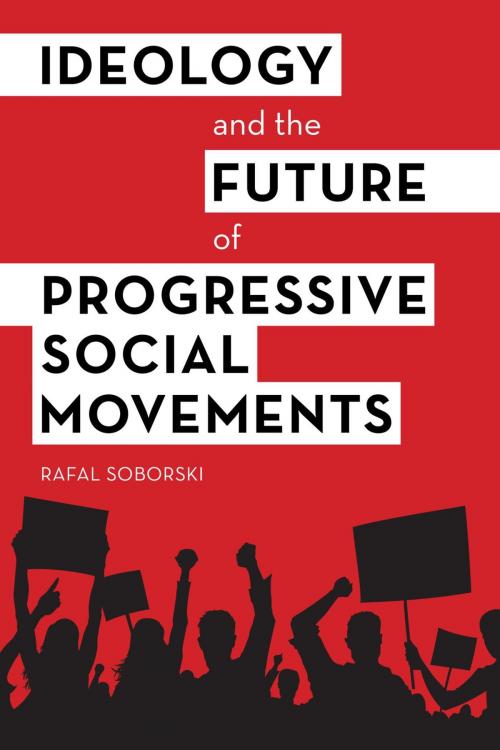Ideology and the Future of Progressive Social Movements
Nonfiction, Social & Cultural Studies, Political Science| Author: | Rafal Soborski | ISBN: | 9781783487943 |
| Publisher: | Rowman & Littlefield International | Publication: | March 1, 2018 |
| Imprint: | Rowman & Littlefield International | Language: | English |
| Author: | Rafal Soborski |
| ISBN: | 9781783487943 |
| Publisher: | Rowman & Littlefield International |
| Publication: | March 1, 2018 |
| Imprint: | Rowman & Littlefield International |
| Language: | English |
The last decades have witnessed a steady increase in popular discontent with prevailing neoliberal approaches to economy, policy and society. And yet neoliberalism remains dominant, even in the context of the ongoing financial crisis. The anti-neoliberal movement seems disorientated.
Typical explanations of this current contradicatory situation highlight that anti-neoliberal movements are unwilling to commit to a policy programme, enact effective political tactics, or challenge state institutions. This book argues that a more deep-seated problem lies at the heart of these deficiencies: how the movement approaches the role of ideology in political action. Reflecting a widely-held belief that ours is a post-ideological age, ideology has been marginalized or altogether rejected by the majority of the movement’s activists and intellectuals. The dismissal of ideology has hindered the politics of resistance and it now becomes clear that a firm ideological vision is what activists urgently require to defy neoliberal domination. This book shows the useful nature of ideology, by exploring continuities between current anti-neoliberal positions and well-known past ideological arguments that changed the world.
The last decades have witnessed a steady increase in popular discontent with prevailing neoliberal approaches to economy, policy and society. And yet neoliberalism remains dominant, even in the context of the ongoing financial crisis. The anti-neoliberal movement seems disorientated.
Typical explanations of this current contradicatory situation highlight that anti-neoliberal movements are unwilling to commit to a policy programme, enact effective political tactics, or challenge state institutions. This book argues that a more deep-seated problem lies at the heart of these deficiencies: how the movement approaches the role of ideology in political action. Reflecting a widely-held belief that ours is a post-ideological age, ideology has been marginalized or altogether rejected by the majority of the movement’s activists and intellectuals. The dismissal of ideology has hindered the politics of resistance and it now becomes clear that a firm ideological vision is what activists urgently require to defy neoliberal domination. This book shows the useful nature of ideology, by exploring continuities between current anti-neoliberal positions and well-known past ideological arguments that changed the world.















